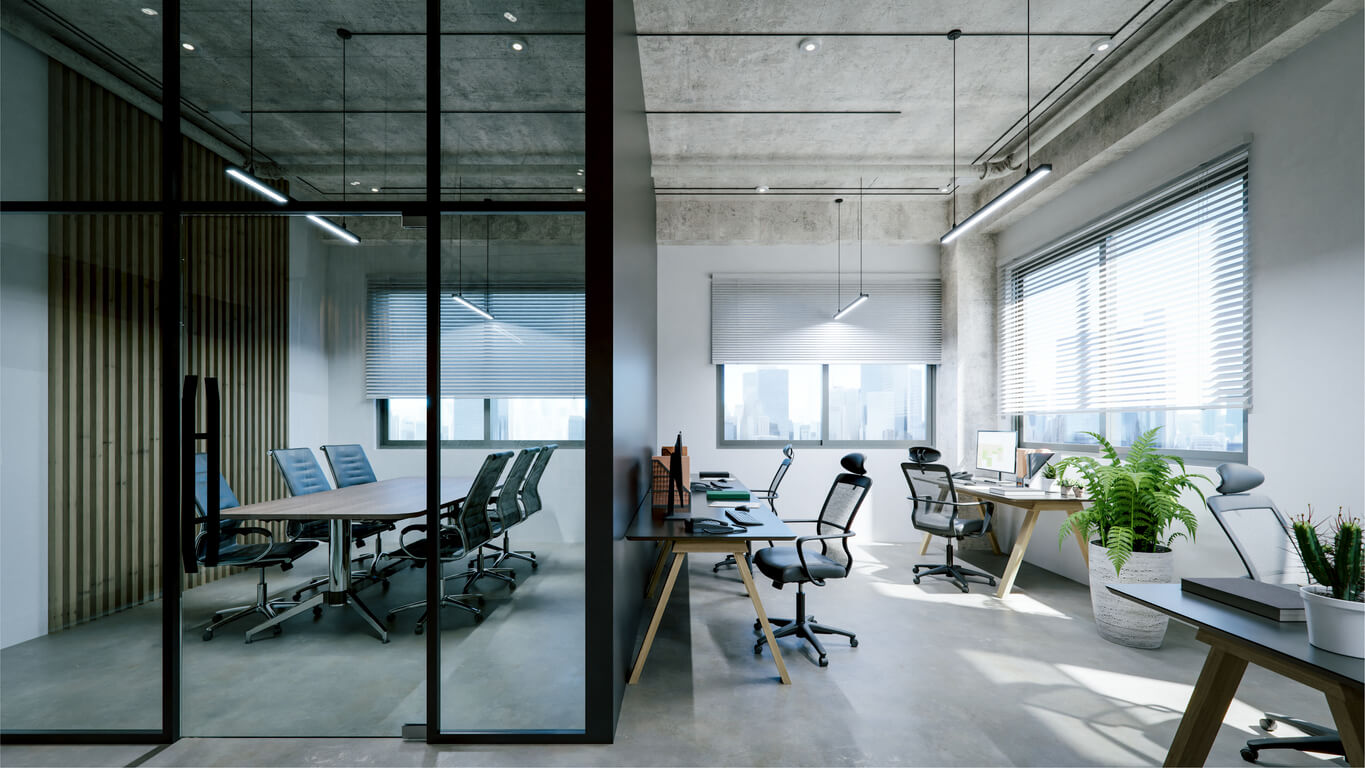Securing the right commercial space for your business can be a game-changer. It’s where your ideas take shape, your team collaborates, and customers experience your brand. But finding the perfect spot can feel daunting, especially if you’re new to the process. Don’t worry; we’ve got you covered. With the right strategy, you’ll land a space that fits your needs, budget, and long-term goals. Here’s how:
Identify the Right Location
The location of your commercial space is crucial. It impacts everything from foot traffic to employee commutes and your brand image. To narrow down your options, ask yourself the following questions:
Who is your target customer? If your business relies on walk-in traffic, such as a retail store or café, high-visibility areas like busy downtown streets or shopping centers might be ideal. If you operate a service-based business, an office in a quieter neighborhood could work better.What are your logistical needs? Consider proximity to suppliers, public transportation, parking availability, and specific requirements like loading docks or storage space.
What’s the market like? Research up-and-coming neighborhoods where rents might be lower, but the growth potential is high. For example, a trendy area undergoing revitalization could attract your target demographic in a few years.A good location balances accessibility and affordability while aligning with your business goals.
Understand Zoning Laws and Regulations
Zoning laws can make or break your plans. Each city or town zones specific areas for particular purposes, such as residential, commercial, or industrial use. Make sure the property you’re considering aligns with your business type.
Here’s what you need to check:
- Business type compatibility: Research whether your intended business activity is permitted in the area. For instance, if you’re opening a bar, confirm that the zoning allows liquor licenses.
- Special permits: Some uses may require a Conditional Use Permit (CUP) or other documentation. Depending on your business, this could apply to operating hours, noise levels, or signage.
- Local regulations: Some neighborhoods have rules about what kinds of businesses can operate to preserve their character. Always consult your local planning department or hire a zoning specialist if unsure.
Understanding zoning before signing a lease will save you from headaches or surprises.
Budget for Your Costs
Leasing a commercial space involves more than just rent. Overlooking hidden costs can lead to financial strain, so plan your budget carefully. Here’s what to consider:
- Base rent: Research the average cost per square foot in your desired area. Multiply that by the size of the space to estimate your monthly rent.
- Utilities and maintenance: Factor in costs like electricity, water, HVAC, landscaping, and janitorial services.
- Upfront expenses: Initial outlays may include a security deposit, lease application fees, office buildouts, or renovations to make the space fit for your business.
- Ongoing expenses: Account for insurance, property taxes, parking fees, and any association dues if the property is part of a larger complex.
Having a well-thought-out budget will ensure you can manage all costs comfortably.
Master the Art of Lease Negotiation

Leases can be complex, but negotiating effectively can save you money and protect your interests. Here’s how to approach the process:
- Understand lease types: Commercial leases are different from residential ones. Familiarize yourself with terms like gross lease (landlord covers costs like taxes and utilities) and net lease (tenant pays those costs on top of the rent).
- Negotiate for flexibility: Ensure you have an out clause or options for subleasing in case your needs change. If you’re a new business, consider asking for a shorter lease term with renewal options.
- Request buildout allowances: If the space requires renovations to suit your business, ask the landlord to cover some of these costs.
- Clarify responsibilities: Who handles repairs or maintenance issues? Spell this out in the lease to avoid misunderstandings later.
- Hire a professional: A commercial real estate attorney or broker can guide you through negotiations and advocate on your behalf.
Always read the fine print thoroughly before signing any lease agreement.
Conduct a Thorough Inspection
Before finalizing a deal, inspect the property to ensure it meets your expectations and is free of major issues. Here’s what to check:
- Condition of the space: Are there structural issues like leaks, cracks, or faulty electrical systems? Will it require significant repairs or upgrades?
- Functionality: Test lighting, plumbing, internet connectivity, and HVAC systems to make sure everything works.
- Safety and compliance: Ensure the property meets fire codes, ADA requirements, and other safety regulations.
- Fit for your business: Confirm the layout, size, and overall feel of the space align with your visions for the business.
Take photos or videos during the inspection and address any concerns with the landlord before you commit.
Don’t Forget the Future
When choosing a commercial space, think about where your business is headed in 3–5 years. Will the location still suit your needs if you grow? Does the lease allow for expansion or changes? It’s always wise to anticipate your future needs and choose a space that can evolve with your company.

Take the Next Step
Finding a commercial space for your business requires planning, research, and perhaps a little patience—but the perfect spot is out there. Start by defining your needs, budgeting wisely, and educating yourself on zoning and lease negotiation. By approaching the process step by step, you’ll feel confident in your decision and move one step closer to watching your business thrive.Are you ready to start your search? Reach out to a trusted commercial real estate agent or explore available properties in your area. Your dream space could be just a click or call away!







